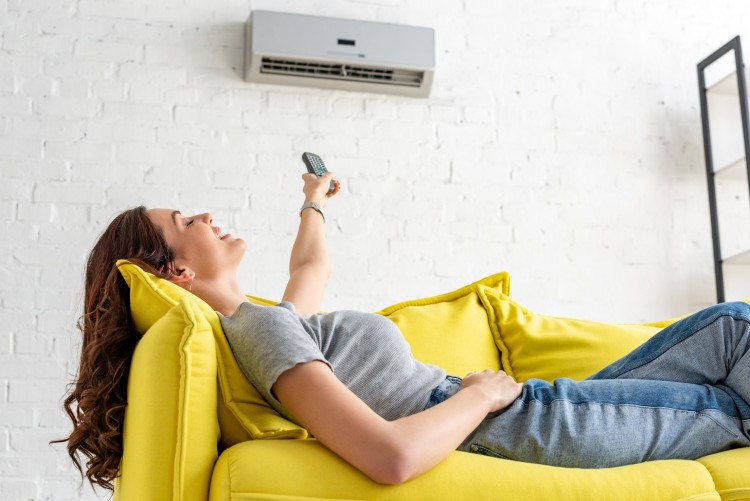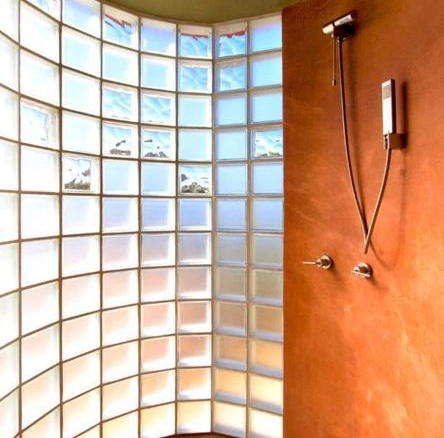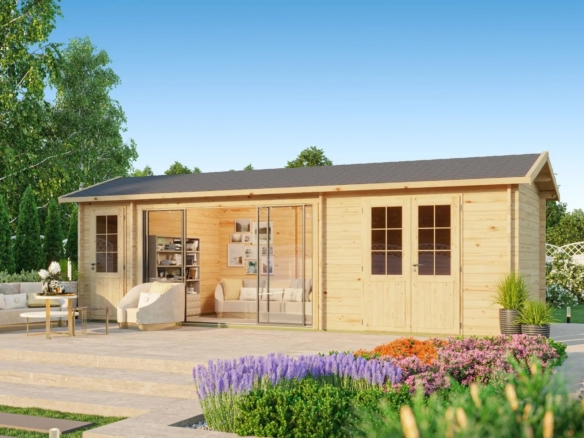If you’re buying a new home, chances are, you need to have the property’s heating, ventilation, and air conditioning (HVAC) system checked, installed, or repaired.
An HVAC installation is a critical process that every seasoned and first-time homeowner must go through when purchasing a new property. Luckily, a licensed heating and cooling expert is always available to provide expert guidance and help.
Whether you’re wondering if it’s better to have an existing HVAC system repaired or replaced, you can seek the advice of a heating and cooling professional to prevent problems down the road. An HVAC expert can help you with the following:
1. Determine The Ideal Size and Capacity of Your HVAC System
Prior to installation, a licensed heating and cooling expert performs an assessment to determine the requirements of the property. This is meant to optimize the purpose of the system in maintaining a comfortable home for you and your family.
The heating and cooling capacities of the HVAC system rely mainly on the size of the home, the climate, and the number of occupants, alongside other factors.
It can be quite tricky to determine the ideal size and capacity for your property. The heating capacity is measured by means of the British Thermal Unit (BTU). Generally, a higher BTU means better heating capacity.
In choosing the right HVAC capacity, check the amount of air that passes through the system, which is measured in cubic feet per minute. As you can see, determining these factors require knowledge and familiarity with how an HVAC system works. And it’s best left to a licensed professional to make a sound judgment.
2. Choose The Appropriate Air-Conditioning Option
As one of the key features of an HVAC system, choosing the right type of air conditioning (AC) unit is essential in your family’s comfort.
You can choose to have either a split AC unit, a central AC system, or a window or a portable AC unit. It can be quite confusing to choose which one works best for your home. Real estate agents may advise you to get centralized air conditioning, as it’s more expensive—leading to a higher resale value in case you plan to resell your home in the future.
However, it takes a professional HVAC expert to help you find the best cooling option. If you live in a location where temperatures rarely reach more than 85 degrees Fahrenheit, central air-conditioning is nice to have, but not necessary. If you want to pinch pennies, look for cheaper options.
3. Ensure That You Get Energy Efficient Units
Ensuring your heating and air conditioning unit’s energy efficiency starts with choosing the right size. That’s because an HVAC system consumes a great deal of energy. Almost half of the electricity spent on a home is intended for the heating and cooling system, according to the Department of Energy.
You can’t afford to have an HVAC system that doesn’t serve its purpose. Buying an oversized heating and cooling unit means so much energy is wasted as your power bill shoots up. Getting a small system means you’d overwork your system and not feel comfortable at all.
To find out a furnace’s efficiency, check the Annual Fuel Utilization Efficiency (AFUE). A higher rating means better efficiency. For air conditioning units, check out the Seasonal Energy Efficiency Ratio (SEER) to measure its energy efficiency. It’s interpreted in the same way as its heating counterpart; the higher the SEER rating, the better.
In order to experience the highest energy efficiency levels of these heating and cooling units, proper installation and unit placement are both necessary. It’s therefore important to talk to a heating and cooling expert for advice.
4. For Maintenance Tips and Better Air Quality
An HVAC system needs proper maintenance to stay in top condition. While it’s necessary to have a professional check on your unit at least once every year, a homeowner must also know how to keep it in good shape, so that the warranties don’t get voided.
If you have a family member with respiratory issues, such as asthma, you may need to install additional accessories to reinforce your systems; filtering capacities, and enhance indoor air quality. You may also ask a heating and cooling professional about other options to improve the air you breathe in your home.
Final Thoughts
There are many reasons why you need to talk to an HVAC professional before having your heating and cooling system installed or replaced. In order to have the best system for your property, there are many elements to consider; for instance, energy efficiency, the appropriate size, and capacities, as well as your budget and health conditions.
Choosing the best unit for your property is key to having the most comfortable home, and you need the help of an expert to achieve this.




